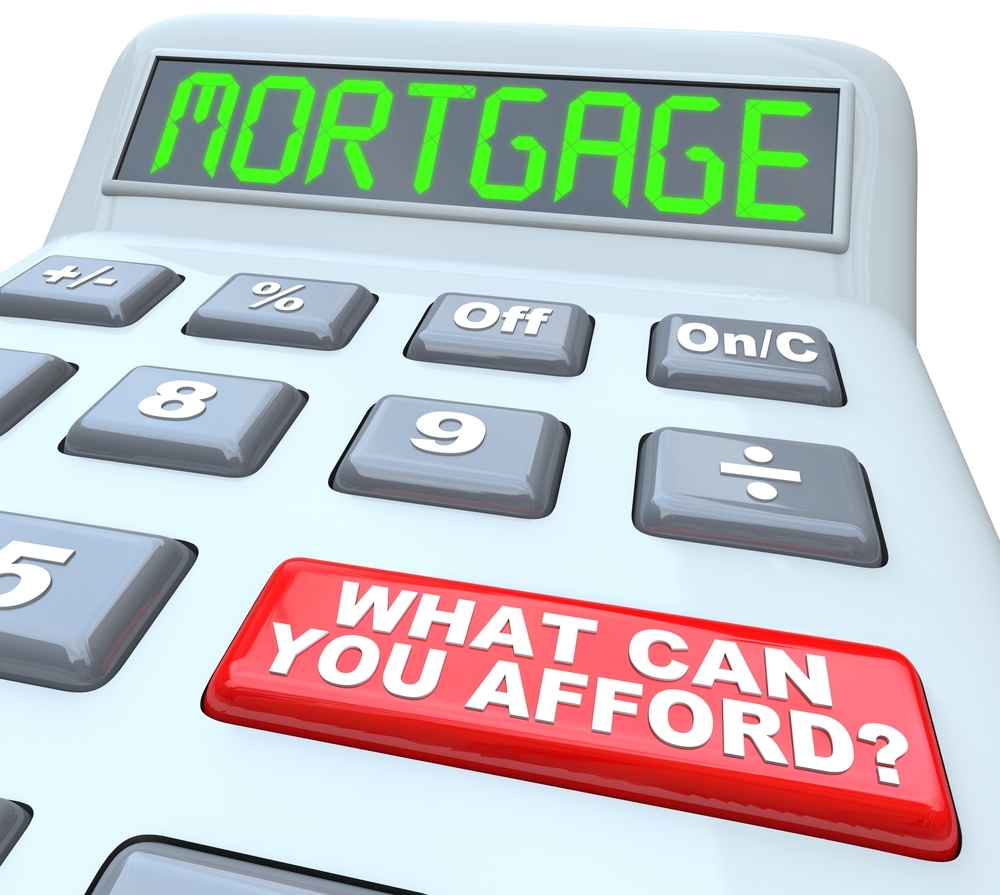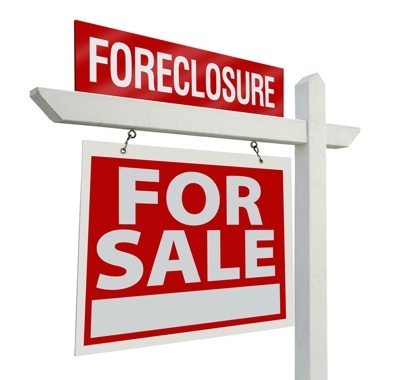Category: Home Buyers
-

Moving-Up to a Luxury Home? Now’s the Time!
If your house no longer fits your needs and you are planning on buying a luxury home, now is a great time to do so! We recently shared data from Trulia’s Market Mismatch Study which showed that in today’s premium home market, buyers are in control. The inventory of homes for sale in the luxury…
-

30-Year Fixed Mortgage Rates Drop Below 4%
30-Year Fixed Mortgage Rates Drop Below 4% Mortgage rates have gone from cheap to dirt cheap in the span of one week, thanks to fixed-rate home mortgages falling to below 4% and hitting new lows for the year. Now, buyers can lock in the lowest rates of the year at 3.97% for a 30-year fixed-rate…
-

Mortgage Rates Inch Up But Stay Near Year Lows
After weeks of holding steady at their lowest levels of the year, mortgage rates for most U.S. home loans saw marginal increases this week. The average for a 30-year fixed-rate mortgage rose to 4.12% from 4.10% last week, according to the latest survey from mortgage buyer Freddie Mac. A year ago at this time, the…
